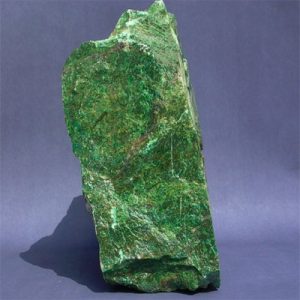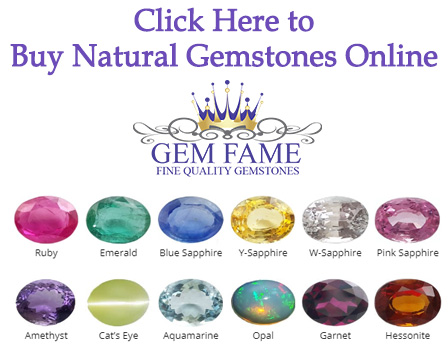Verdite
Verdite is a variety of Fuchsite, which is a variety of Muscovite. Verdite is named from the Latin word viridis meaning green for its typical green color. Verdite is a trade name for a green ornamental rock, not a mineral since it is a combination of several minerals. It consists primarily of Fuchsite with minor Albite, Chlorite Group, Corundum, Diaspore, Quartz, Rutile, and Talc. Verdite is colored green by the presence of chromium (Cr). Because of its green color, Verdite is sometimes mistaken for Jade and is often traded as “African Jade”. Verdite was originally reported from North Kaap river, Kaap Station, South Africa. Another good source of quality Verdite is at Barberton, Ehlanzeni District, Mpumalanga Province, South Africa.
Verdite and Jade may look similar but Jade has a much higher Mohs hardness of 6 to 7 compared to Verdite’s hardness of about 3. Verdite is found in colors of green, yellowish-green, bluish-green or brownish-green and often has a mottled or swirled appearance. Because of its mix of several minerals, inclusions of Rutile, Ruby or Sapphire, Quartz and Tourmaline may be visible. Verdite is usually opaque but may rarely be translucent and has a vitreous, silky or pearly luster. Verdite is mostly available as cabochons, carvings, and spheres but may also be available as faceted gems.
| Chemical Formula: | K(Al,Cr)3Si3O10(OH)2 (Fuchsite) |
| Potassium Aluminum Chromium Silicate Hydroxide | |
| Crystallography: | Monoclinic |
| Cleavage: | Perfect |
| Moh’s Hardness: | 3.0 |
| Density: | 2.80 to 3.0 |
| Color: | Green |
| Transparency: | Translucent to opaque |
| Luster: | Vitreous, silky, pearly |
| Refractive Index: | 1.580 |
| Birefringence: | 0.036 to 0.043 |


